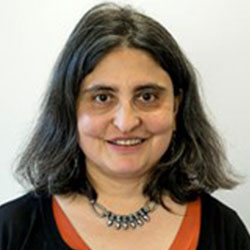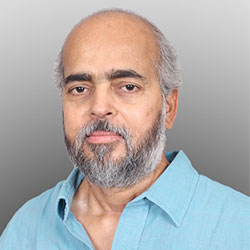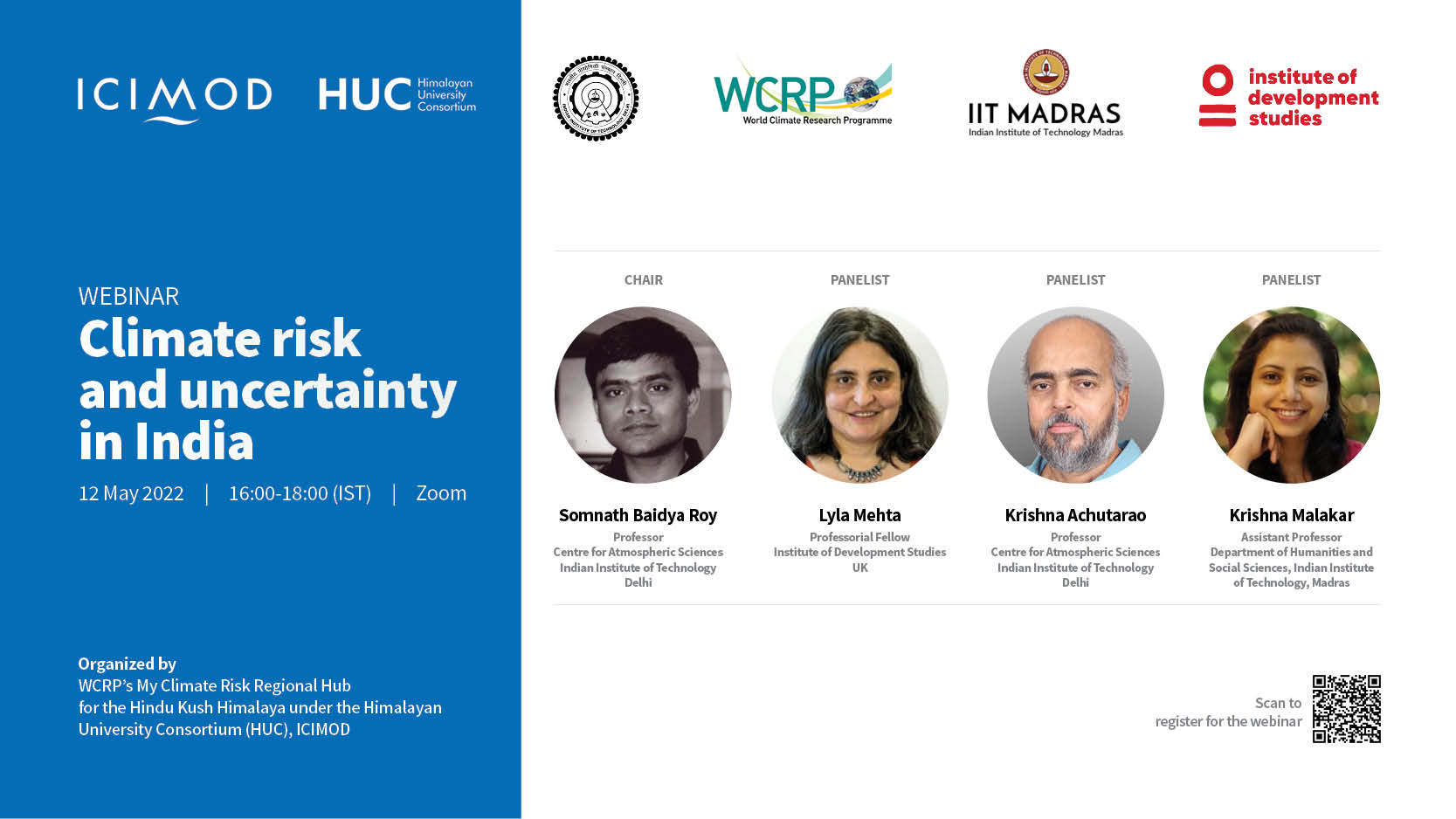About the webinar
Climate change is widely acknowledged as the single biggest threat to humanity. However, there is a large gap between the risks from climate change estimated by global models and how the risks are perceived by people at the local level, where climate change is one of the many factors involved in decision-making. My Climate Risk Hub for the Hindu Kush Himalaya under ICIMOD’s Himalayan University Consortium’s (HUC) is organizing a webinar to highlight this gap with a focus on the role of uncertainty across different spatio-temporal scales. The webinar is targeted at an interdisciplinary audience including scientists, social scientists, policymakers, and activists.
Speaker

Lyla Mehta
Professorial Fellow
Institute of Development Studies, UK
Lyla Mehta’s work focuses on climate change, uncertainty, and transformation. She uses the case of water and sanitation to focus on the politics of gender, scarcity, uncertainty, rights and access to resources, resource grabbing, and power and policy processes. Mehta leads the Belmont/Norface/EU/ISC project on ‘Transformations as praxis’ in South Asia and is also the co-editor of the journal Environment and Planning E. Her most recent books include Water for Food Security Nutrition and Social Justice and The Politics of Climate Change and Uncertainty in India.

Krishna Achutarao
Professor
Centre for Atmospheric Sciences, Indian Institute of Technology, Delhi
Krishna Achutarao’s research focuses on using climate models to understand how the earth’s climate is affected by natural and anthropogenic factors. His current interests include attribution of extreme weather events, changing risk of extreme events under a warming climate. and adaptation to climate change. He has been associated with the Intergovernmental Panel on Climate Change (IPCC) since 2001 and was a lead author in the recently released Sixth Assessment Report (AR6) and the previous AR5 report.

Krishna Malakar
Assistant Professor
Department of Humanities and Social Sciences, Indian Institute of Technology, Madras
Krishna Malakar’s research focuses on understanding the human dimensions of environmental and climate change such that it can inform policy and action. She is particularly interested in assessing the risk, vulnerability, and adaptation of communities to climate change. Malakar has presented her work in numerous conferences and published extensively in reputed journals. She holds a Ph.D. from the Interdisciplinary Programme in Climate Studies, IIT Bombay.

Somnath Baidya Roy
Professor
Centre for Atmospheric Sciences, Indian Institute of Technology, Delhi
Somnath Roy uses regional climate models to study the interactions between land use/land cover and climate. His current research projects look at the carbon cycle over croplands of India and the effects of climate/climate change on forest fires. Roy is also the Chief Editor of Earth Systems Dynamics, an interdisciplinary journal of the European Geosciences Union.
Tentative agenda
Thursday, 12 May 2022 | 16:00-18:00 (IST)
| Time (IST) | Programme | Speakers |
|---|---|---|
| 16:00–16:05 | Introduction to My Climate Risk in the Hindu Kush Himalaya | Somnath Roy, Indian Institute of Technology, Delhi |
| 16:05–16:50 | Panelists' intervention (15 minutes each) | Lyla Mehta, Professorial Fellow, Institute of Development Studies, UK Krishna Achutarao, Professor, Centre for Atmospheric Sciences, Indian Institute of Technology, Delhi Krishna Malakar, Assistant Professor, Department of Humanities and Social Sciences, Indian Institute of Technology, Madras |
| 16:50–17:05 | Comments by the Chair | Somnath Baidya Roy, Professor, Centre for Atmospheric Sciences, Indian Institute of Technology, Delhi |
| 17:05–17:25 | Roundtable | |
| 17:25–17:55 | Q&A | |
| 17:55–18:00 | Closing | Chi H Truong (Shachi), Programme Coordinator, Himalayan University Consortium, ICIMOD |

